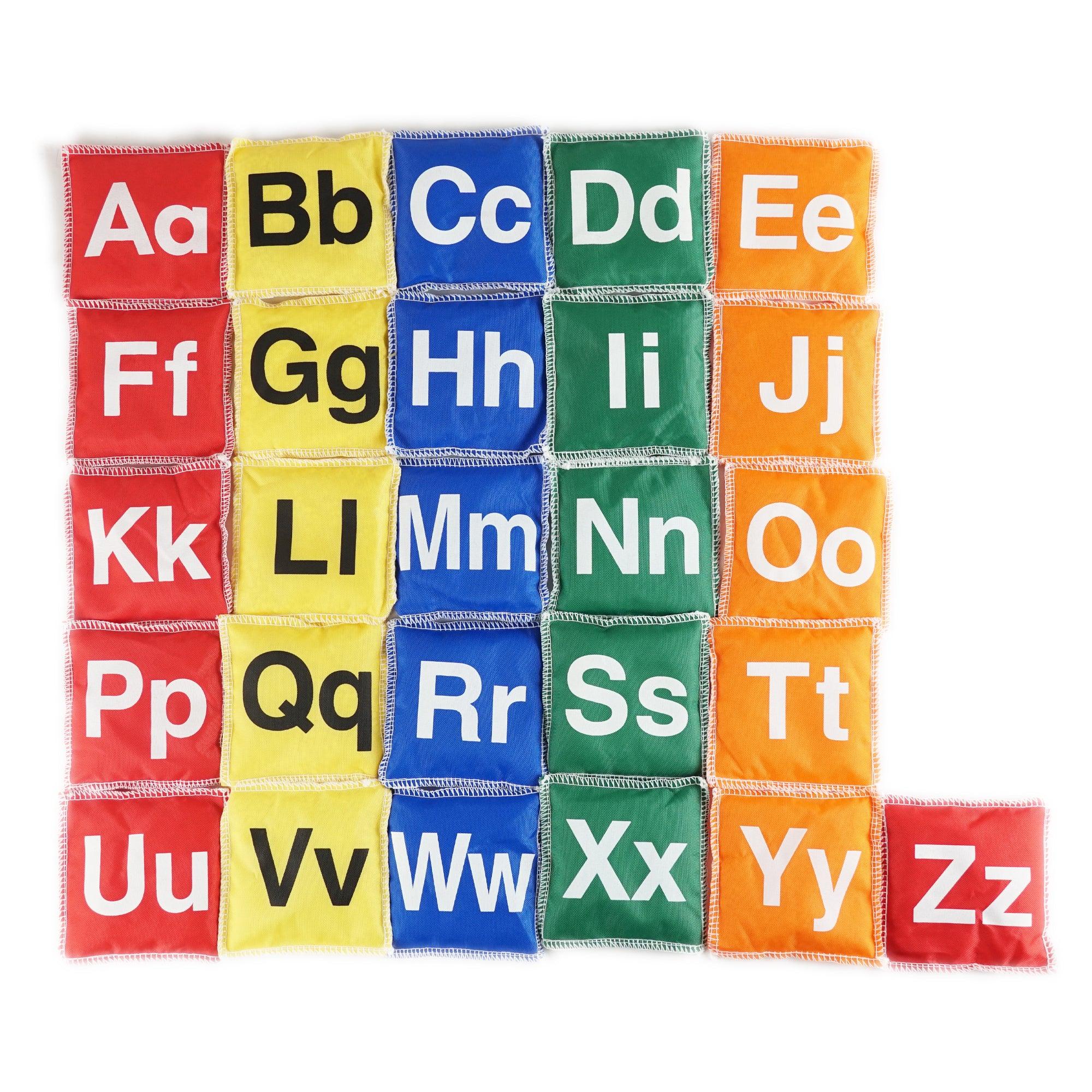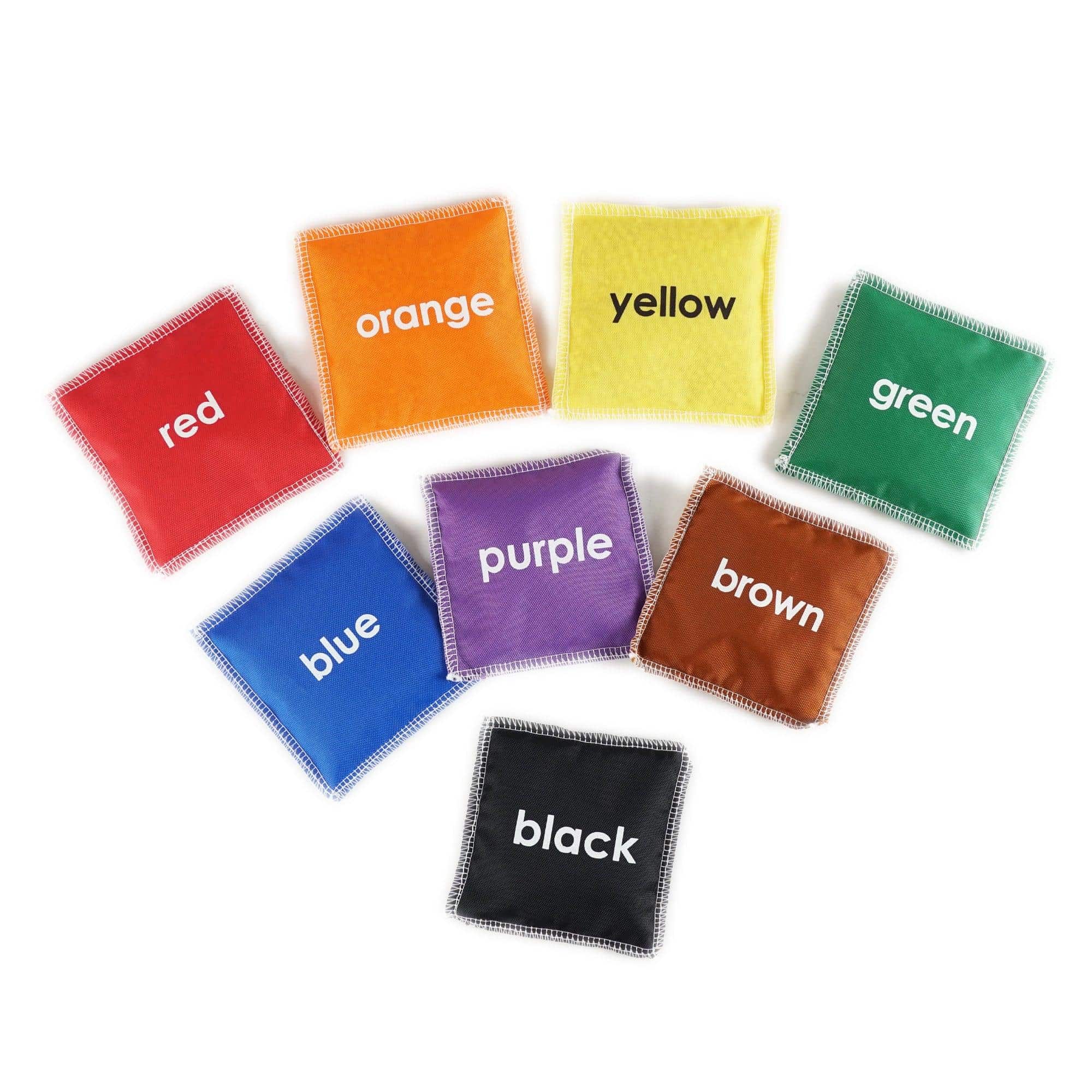The Impact of Toy Licensing on Children’s Popular Culture Consumption
Introduction
Children’s popular culture consumption has transformed over the years, greatly influenced by toy licensing. Toy licensing refers to the process of granting licenses to toy manufacturers, allowing them to produce and sell merchandise based on popular characters or brands from various forms of media. This phenomenon has had a significant impact on children’s entertainment choices and how they engage with popular culture.
Features of the Toy Licensing Phenomenon
Toy licensing has introduced several noteworthy features into the world of children’s popular culture consumption. Some of these features include:
- Brand Awareness: Toy licensing enables children to develop a strong connection with popular characters from movies, television shows, and video games, enhancing brand awareness among young consumers.
- Diverse Product Range: Through toy licensing, children have access to a wide range of products, including action figures, playsets, clothing, accessories, and more, expanding their options for imaginative play and self-expression.
- Cross-Media Promotion: Toy licensing often involves cross-media promotion, with popular characters appearing not only in toy form but also in books, comics, animated series, and even theme parks, creating a multi-faceted and immersive consumer experience.
- Collectible Appeal: Many licensed toys offer collectible elements, such as limited edition figures or exclusive variants, encouraging children to engage in collecting and fostering a sense of community among collectors.
- Storytelling and Narrative Building: Licensed toys often come with elaborate backstories and character bios, empowering children to engage in imaginative play and construct their narratives within the established popular culture universe.
- Cultivating Fandoms: By immersing children in popular culture through licensed toys, a strong foundation is laid for the development of fan communities and fandoms, fostering a sense of belonging and shared enthusiasm.
The Influence of Toy Licensing on Children’s Popular Culture Consumption
The impact of toy licensing on children’s popular culture consumption is undeniable and far-reaching. Here are some of the significant influences:
- Market Dominance: Toy licensing has allowed certain franchises to dominate the market, capturing a significant share of children’s entertainment consumption. This dominance is often characterized by extensive merchandise lines and extensive advertising campaigns.
- Preference Shaping: The availability of licensed toys heavily influences children’s preferences when it comes to popular culture consumption. Characters and brands associated with their favorite toys are more likely to capture their attention and influence their choices.
- Brand Loyalty: Children who engage with licensed toys from a young age often develop strong brand loyalty, leading them to actively seek out related content across different media platforms and encourage their peers to do the same.
- Fandom Engagement: Licensed toys play a crucial role in fostering fandom engagement and community building among children. Collecting and discussing toys become shared experiences, enhancing social connections and providing opportunities for storytelling, creativity, and imaginative play.
- Educational Benefits: Licensed toys often have educational components, promoting learning through play. Many franchises incorporate STEM concepts, problem-solving skills, and storytelling elements into their toy lines, providing an educational experience disguised as entertainment.
- Cultural Influence: Toy licensing has a profound impact on shaping children’s cultural experiences and references. Licensed toys introduce children to different worlds, characters, and iconic moments from popular culture, contributing to their overall cultural literacy.
Conclusion
Toy licensing has revolutionized how children consume popular culture by offering a diverse array of merchandise, enhancing brand awareness, encouraging imaginative play, fostering fandom engagement, and shaping preferences. As this phenomenon continues to evolve, it will undoubtedly leave a lasting impact on the way children engage with and interpret popular culture.




